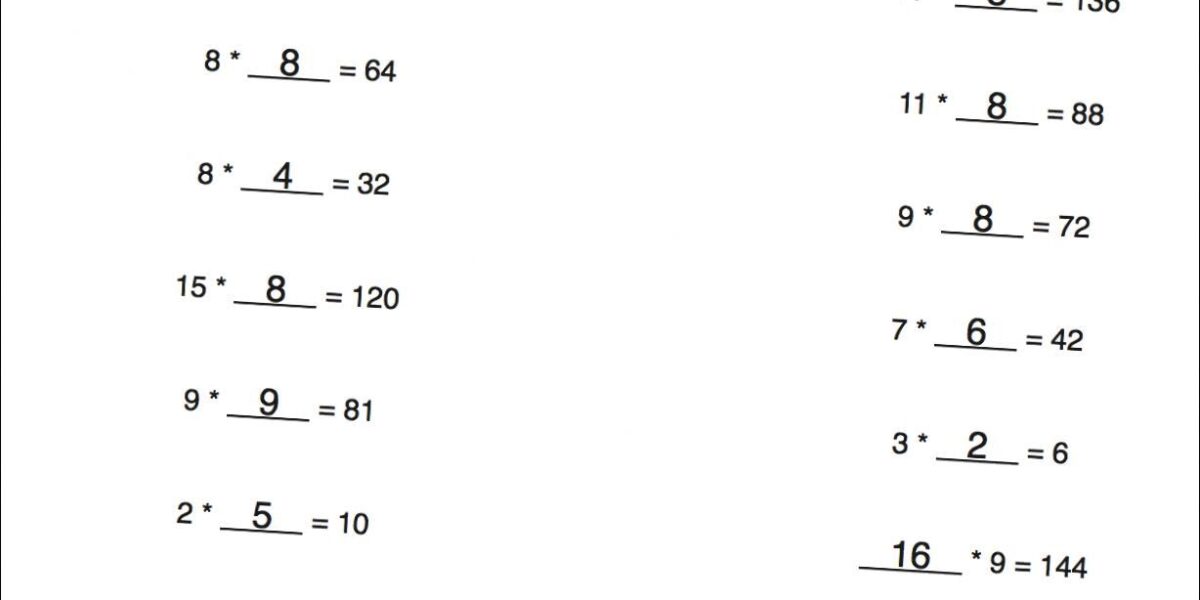Veteran School Directory
Veteran School Directory
When veterans transition from military to civilian life, furthering their education becomes a priority. They seek institutions that cater to their unique needs. School directories specifically designed for veterans provide essential guidance.
Importance of Veteran School Directories

Veteran school directories offer a curated list of schools known for supporting veterans. These directories focus on factors such as veteran-friendly policies, support services, and financial aid programs. They help veterans make informed decisions about their education. Access to programs and benefits tailored for veterans streamlines their transition to academic life.
Key Features to Look For
When exploring veteran school directories, consider the following key features:
- GI Bill Acceptance: Schools listed should accept the GI Bill, a significant benefit for veteran students.
- Veteran Support Services: These include counseling, academic advising, and career services tailored to veterans.
- Flexible Scheduling: Look for schools offering evening, weekend, and online classes to accommodate veterans’ schedules.
- Credit for Military Experience: Some institutions offer credits for military training and experiences.
- Networking Opportunities: Access to veteran organizations and clubs on campus that foster community and support.
Prominent Veteran-Friendly Schools
Several universities are known for their strong support of veteran students. Here are some prominent options:
- Syracuse University: Offers the Institute for Veterans and Military Families (IVMF), providing career and education programs for veterans.
- University of Southern California (USC): Home to the USC Veterans Resource Center, offering various support services.
- University of Michigan – Ann Arbor: Provides dedicated veteran services and has a rich tradition of supporting military members.
- University of Texas at Austin: Known for its Center for Students in Recovery, which supports veteran students.
- Arizona State University (ASU): Offers the Pat Tillman Veterans Center, a hub for veteran support and resources.
How to Use a Veteran School Directory
Using a veteran school directory effectively involves several steps:
- Identify Your Goals: Determine your educational and career aspirations.
- Research Options: Use the directory to explore potential schools that meet your criteria.
- Assess Financial Aid: Look into scholarships, grants, and GI Bill benefits available at each institution.
- Contact Schools: Reach out to veteran support staff to ask questions and gather more information.
- Visit Campuses: If possible, visit campuses to get a feel for the environment and available resources.
Online Versus On-Campus Programs
Veterans may choose between online or on-campus programs depending on their lifestyle and learning preferences:
- Online Programs: Offer flexibility and convenience, ideal for those balancing work and family commitments.
- On-Campus Programs: Provide face-to-face interactions, access to physical resources, and a structured environment.
Weigh the pros and cons of each to determine the best fit for your needs.
Finding Financial Aid and Scholarships
Veterans can explore various financial aid options to fund their education:
- GI Bill Benefits: Covers tuition, housing, and other education-related expenses.
- Yellow Ribbon Program: An extension of GI Bill benefits for private school education costs that exceed standard benefits.
- Veteran-Specific Scholarships: Numerous scholarships are available specifically for veterans pursuing higher education.
Familiarize yourself with these options and apply early to ensure financial support.
Important Organizations and Resources
Several organizations and resources support veterans throughout their education journey:
- Student Veterans of America (SVA): Provides resources, support, and advocacy for veterans in higher education.
- Veterans Affairs (VA): Offers information and assistance with GI Bill benefits and other veteran services.
- Military.com: Offers education benefits information and a school finder tool tailored for veterans.
Tips for Success in School
Transitioning to an academic environment can be challenging. Here are tips to help you succeed:
- Leverage Support Services: Utilize veteran support services and counseling for guidance and assistance.
- Network with Peers: Connect with fellow veterans and join veteran organizations on campus.
- Develop Time Management Skills: Create a structured schedule to balance academic, personal, and work commitments.
- Stay Engaged: Participate in class discussions, complete assignments on time, and seek help when needed.
Challenges Faced by Veteran Students
Veteran students face unique challenges, which can include:
- Adjusting to Academic Life: Transitioning from a structured military environment to a less regimented academic setting.
- Balance and Time Management: Juggling educational pursuits with family, work, and other responsibilities.
- Mental Health: Addressing mental health issues such as PTSD or anxiety that may affect academic performance.
Recognizing these challenges allows veterans to seek appropriate support and resources.
Creating a Supportive Environment
Schools can contribute significantly to the success of veteran students by creating a supportive environment:
- Dedicated Veteran Centers: Establish centers focused on veteran support.
- Training for Staff and Faculty: Provide training to understand the unique needs of veteran students.
- Cohort Programs: Create cohort programs where veterans can take courses together, fostering peer support.
These initiatives enhance the overall educational experience for veteran students.
Role of Academic Advisors
Academic advisors play a crucial role in guiding veteran students. They assist with course selection, understanding degree requirements, and navigating institutional resources. Additionally, they provide support in transferring military credits and finding tutoring services. Veterans should maintain regular communication with their advisors to stay on track.
Career Services for Veterans
Many schools offer career services specifically for veterans. These services include resume building, job search strategies, and interview preparation. Some institutions have partnerships with employers that value veteran skills and experiences. Using these resources can improve employment prospects post-graduation.
Community Colleges for Veterans
Community colleges are a practical option for many veterans. They often have flexible admissions and offer programs tailored to vocational training and associate degrees. Community colleges also tend to have strong veteran support services. Attending a community college can be a stepping stone to a four-year university.
GI Bill Transferability
Veterans with unused GI Bill benefits can transfer them to dependents. This option allows veterans to support their family’s education. The transfer process involves service requirements, so it is essential to review eligibility criteria. Transferring benefits can provide educational opportunities for spouses and children.
Finding a Balance
Striking a balance between studies, family, and personal time is essential for veterans. Time management techniques such as setting priorities and creating a study schedule can be helpful. Veterans should also make time for self-care and relaxation to maintain a healthy work-life balance.
Technology and Online Resources
Numerous online resources and technology tools support veteran students. Educational platforms offer tutorials and study aids. Virtual study groups and forums provide community and peer support. Technology can enhance learning experiences and provide additional resources outside the classroom.
Transition Programs for Veterans
Some institutions offer transition programs specifically for veterans. These programs cover topics such as academic skills, financial literacy, and career planning. Transition programs prepare veterans for the demands of an academic environment and provide ongoing support.
Role of Mentorship
Mentorship can be highly beneficial for veteran students. Mentors provide guidance, support, and networking opportunities. Schools often have mentoring programs pairing veterans with experienced professionals or fellow veteran students. Engaging in mentorship can improve academic and career outcomes.
Health and Wellness Resources
Many institutions offer health and wellness resources tailored for veterans. These include mental health counseling, physical fitness programs, and stress management workshops. Accessing these resources can contribute to overall well-being and academic success.
Utilizing Libraries and Study Spaces
Libraries and study spaces are valuable resources for veteran students. They provide access to books, research materials, and quiet study environments. Making regular use of these spaces can enhance learning and facilitate academic achievement.
Engagement with Faculty
Building relationships with faculty members can support veteran students’ academic success. Engaging with professors during office hours and seeking feedback on assignments are effective strategies. Faculty can provide valuable insights and support throughout the academic journey.
Online Forums and Veteran Communities
Online forums and veteran communities offer networking opportunities and peer support. Engaging with these communities can provide advice, share experiences, and build connections. These platforms facilitate a sense of belonging and camaraderie among veteran students.
Importance of Goal Setting
Setting academic and career goals is essential for veteran students. Clear goals provide direction and motivation. Veterans should regularly review and adjust their goals to stay focused and on track. Goal setting is a critical component of academic and personal growth.
Access to Tutoring Services
Tutoring services can help veteran students succeed academically. Many institutions offer free or low-cost tutoring in various subjects. Utilizing these services can improve understanding and performance in challenging courses.
Community Involvement
Involvement in the community can enrich the educational experience for veteran students. Volunteering, joining clubs, and participating in events foster connections and personal growth. Community involvement also provides opportunities for leadership and networking.
Navigating Transfer Credits
Understanding transfer credit policies is crucial for veterans who attended multiple institutions or have military training. Consulting with academic advisors ensures that all eligible credits are transferred correctly. This process can expedite the completion of degree requirements.
Job Placement Services
Job placement services assist veteran students in securing employment post-graduation. These services include job fairs, resume reviews, and employer connections. Engaging with job placement services can enhance career opportunities and outcomes.
Survival Skills in Higher Education
Veteran students benefit from developing essential survival skills for higher education. These include effective communication, critical thinking, and problem-solving skills. Building these skills contributes to academic success and personal growth.



